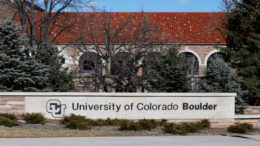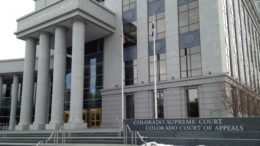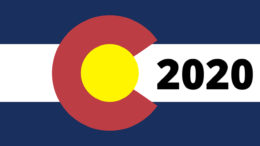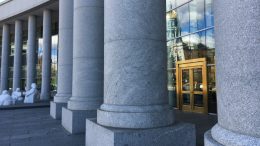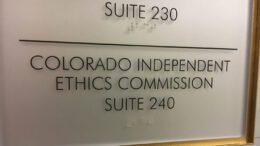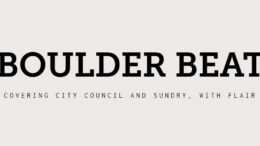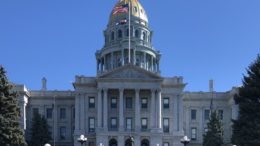Court of Appeals reverses district court ruling that CU regents violated CORA by withholding names and applications of candidates interviewed for presidency
Calling Colorado’s open-government statutes “seriously flawed” regarding the appointment of chief executives, a Colorado Court of Appeals panel decided 2-1 that a district court judge erred in ruling that the University of Colorado regents should have publicly disclosed the names and applications of all six candidates interviewed for the president’s job that went to Mark Kennedy in 2019.

